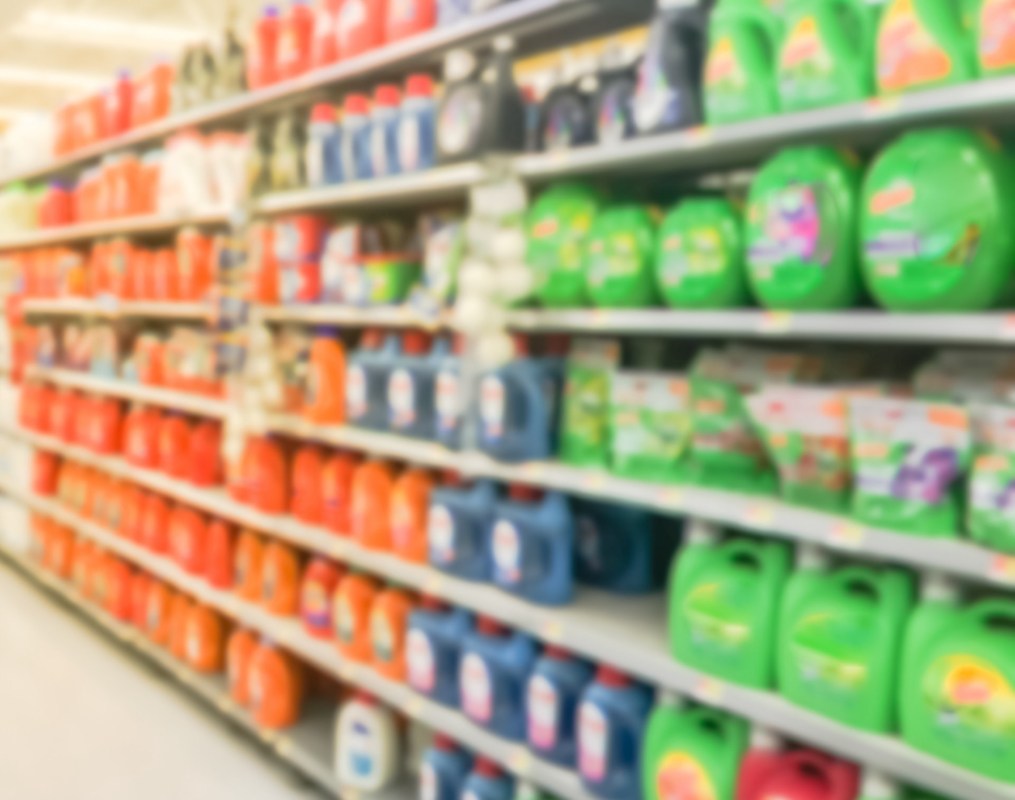New research has revealed that exposure to BPA-free plastic, which was previously considered safe for humans, could have major impacts on reproductive health.
What happened?
A team led by researchers at Rutgers University looked at the effects of breathing in tiny plastic particles, which they say is a common exposure method in our homes. The nanoplastics, which were free of a common additive called bisphenol-A (known commonly as BPA), were aerosolized and inhaled by rats.
Previously, the scientific community has shown that chemical additives commonly used in plastics, like BPA, act as endocrine disruptors, meaning that exposure to these chemicals can increase, slow, or interfere with the body's endogenous natural hormone function. This led to the popularization of BPA-free products.
However, the new research suggests that even plastic without BPA can have comparable endocrine-disrupting effects — at least in lab animals.
Why is the research concerning?
Plastic is all around us — it's in our clothing, everyday household products, and even in our water — and it's probably not going anywhere anytime soon. The production of single-use plastic rose globally by about 6.6 million tons per year from 2019 to 2021 despite tougher regulations, Reuters reported.
Meanwhile, many scientists think that the disruption of sex hormones caused by exposure to plastics could account for declining fertility rates in the Western world, as Salon reported.
One way the chemicals in plastics are affecting fertility is by contributing to dropping sperm counts, according to Dr. Shanna Swan, a professor of environmental medicine and public health at Mount Sinai School of Medicine in New York City, interviewed by Salon.
Swan also indicated that exposure to endocrine disruptors in pregnant women can disturb prenatal development during pregnancy, which impacts later reproductive health and function in the child.
What can I do to help with the plastic plague?
"Unfortunately, there's very little that people can do to reduce exposure at the moment," senior author of the study Phoebe Stapleton said in a statement quoted by Salon. "You can be aware of your flooring, wear natural fibers and avoid storing food in plastic containers, but invisibly small plastic particles are likely in nearly every breath we take."
That said, we can help reduce the amount of new plastics being produced by investing in reusable, more reliable items like metal razors, water bottles, shampoo bars, dissolvable dishwasher/laundry pods, and non-plastic sandwich bags.
You can also recycle old products that contain plastic instead of throwing them out. For instance, Nikon has a program that lets you trade in your used camera for credit on a new one.
Plus, some governments, corporations, and academics are trying to cut down on plastics. For instance, scientists have discovered how to break down plastic using hungry wax worms and fungus. Countries like England and France now have bans on plastic cutlery for most fast food and takeout meals, while major cities like Los Angeles have banned Styrofoam takeout containers.
Join our free newsletter for weekly updates on the coolest innovations improving our lives and saving our planet.









